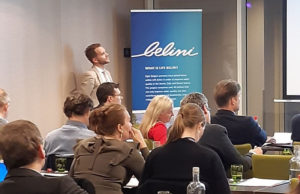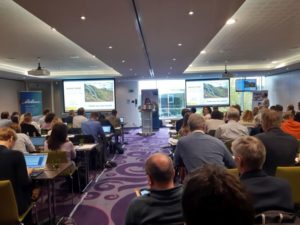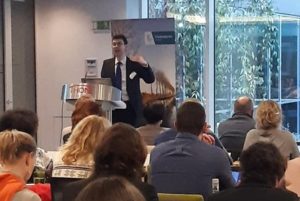On 14 November, we organised a workshop on the implementation of ‘deviations’ to the river basin management plans. With 100 participants and a lot of knowledge shared, we can safely say the workshop was a success.
The Water Framework Directive aims for good water conditions, ideally in 2015. Many member states cannot yet meet this and are therefore defending the need for “deviations” referring to technical feasibility, affordability or the speed with which the water system can restore itself. This evaluation and its underpinning arguments must be included in the river basin management plans.
From 2027, however, a number of the potential deviations will cease to apply, in particular the term extension owing to technical feasibility or affordability. Given that most member states are using precisely these arguments, ample work is underway to review what the consequences of this would be and how the future plans could be drawn up.
The workshop took place within the “common implementation strategy”. Ever since the directive was introduced – in December 2000 – the member states, the European Commission and the stakeholders have been working together to implement the Water framework directive within this context. The Belini project provided practical support.
Representatives from 8 different member states explained their experiences, along with sharing ideas on the future River Basin Management Plans. The participants appreciated the open sharing of knowledge, but also emphasised that further collaboration and information sharing would be of the utmost importance.








